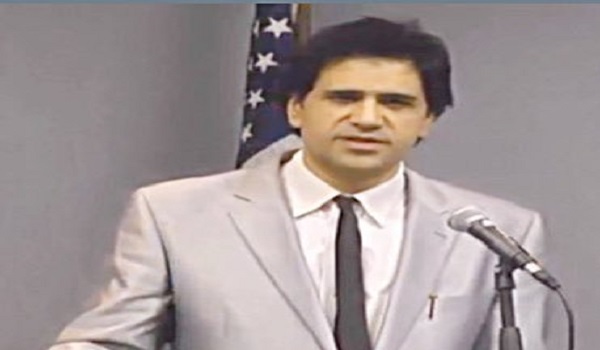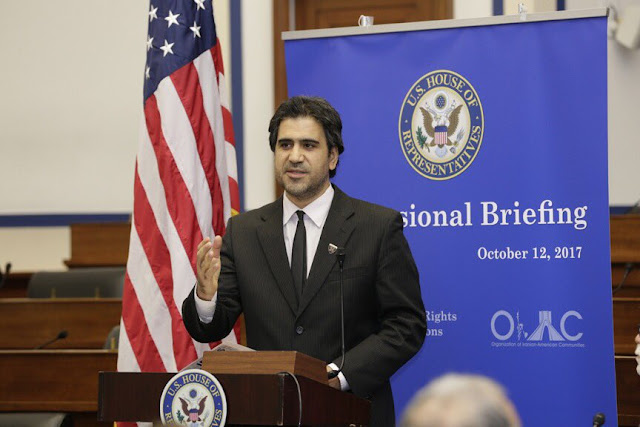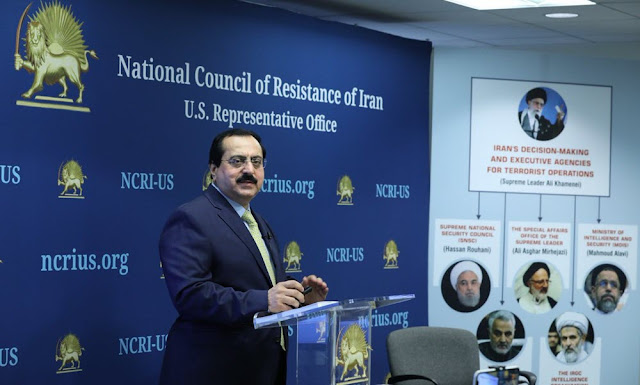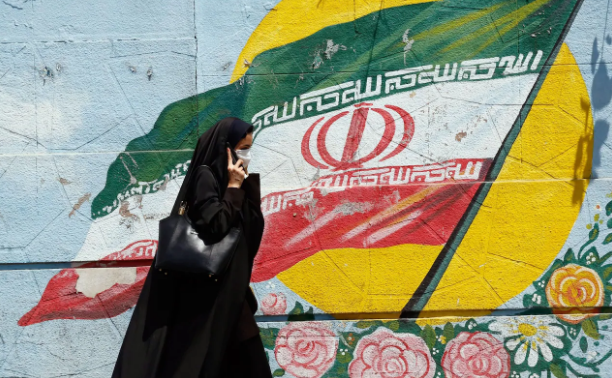Countering Iran’s Threat, Strategies for Regional Stability
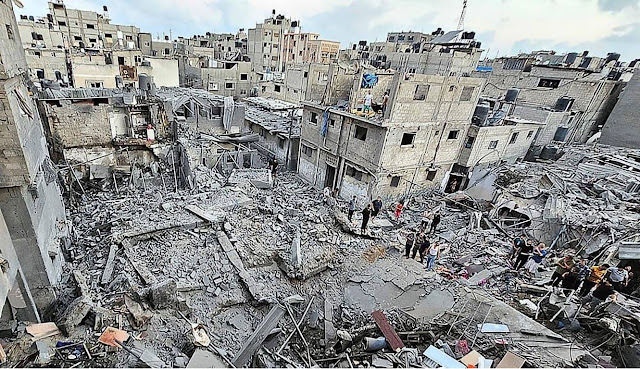
Written by Mahmoud Hakamian Two-minute read On Sunday morning, April 14, the Iranian regime launched an unprecedented attack against Israel, escalating tensions in the Middle East. Despite military experts’ assessments that the attack failed, it underscores Iran’s role as a focal point of regional conflict. The October 7th attack sent shockwaves globally. Despite ample evidence implicating the Iranian regime, Western governments dismissed Tehran’s involvement, adhering to a flawed appeasement policy toward the primary state sponsor of terrorism. They disregarded explicit statements from Revolutionary Guards (IRGC) commanders boasting about their direct role in the attack. For decades, the Iranian Resistance has urged the international community to adopt a resolute stance against the Iranian regime’s aggression and terrorism. Despite persistent calls, the failed appeasement policy of the West allowed Tehran to escalate its belligerent activities, including financing, arming, train






